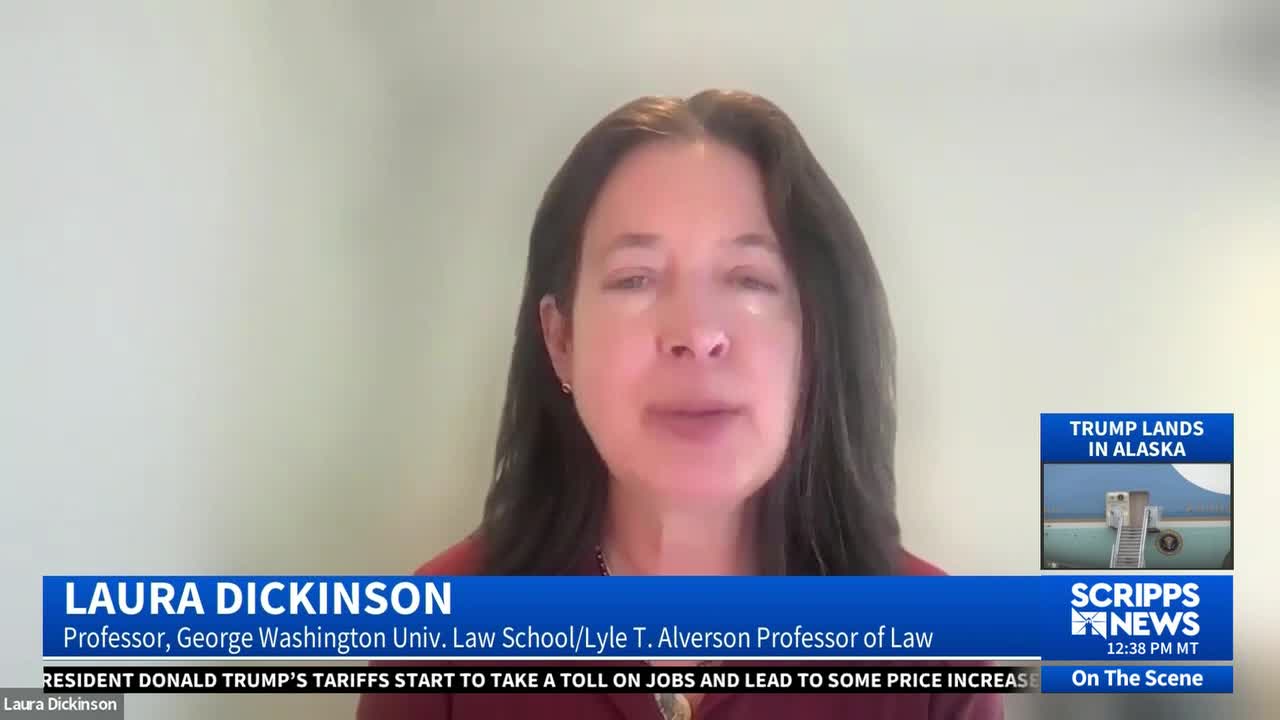Now that the National Guard is on the ground in the nation's capital, there are concerns about whether military members will be subject to criminal and civil liability.
National Guard members are usually deployed to emergency situations, such as supporting wildfire response, or to support local and federal law enforcement.
But legal experts say when these National Guard members are deployed with local and federal law enforcement into what could be volatile situations, they could have more confrontations with Americans, which could potentially open members up to civil or even criminal liability.
"The National Guard do to some degree get a little bit of training for a supportive role. But it's not the same as what, for example, the police would get," said Laura Dickinson, professor at George Washington University Law School. "And so as a result, they do not have the same kind of experience and understanding how to, for example, use force while protecting people's constitutional rights. It's hard enough for the police to do that. The military — they don't they don't get the kind of training."
RELATED STORY | National Guard presence in DC set to increase as Trump says he will extend a crackdown on crime
The White House has reiterated that National Guard members who've been deployed in Washington, D.C., are not arresting people. They're purely in a support role for local law enforcement and to protect federal assets.
What's more, if a citizen brings a civil or criminal lawsuit against a National Guard member, the burden of proof could be high. It could be difficult for a citizen to prove that any individual National Guard member violated their constitutional rights.






